Introduction
People used to own real estate because of its utility value, which is characterised by the fact that you can live in it or use it for production. Today, however, it serves the world as the primary asset for storing value. A former function of money that is no longer possible due to decades of monetary inflation that has decimated people's purchasing power. This development coincides with the "Nixon shock" of August 15, 1971, when U.S. President Richard Nixon announced that the U.S. would end the convertibility of the U.S. dollar into gold. Since then, central banks around the world have started operating a fiat-based monetary system with floating exchange rates and no real currency standard.
The money supply has been rising steadily ever since. Real estate has served as the world's primary asset to protect wealth from the resulting inflation. Today, around 67% of global wealth (≈$330 trillion) is stored in real estate.
As a result, housing and therefore the cost of living have increased significantly. Since the introduction of Bitcoin in 2009, there has been sound money again, which serves as a store of value by default. By functioning as an actual store of value, bitcoin will most likely absorb the monetary premium that real estate has accumulated over decades of monetary inflation and housing will collapse to its utility value. The properties of bitcoin make it an ideal store of value.
The supply is finite. It is easily portable, divisible, durable, fungible, liquid, censorship-resistant and noncustodial. Real estate cannot compete with bitcoin as a store of value, which is rarer, more liquid, easier to move, harder to confiscate and cheaper to maintain. Below I will describe what far-reaching consequences this could have for the global financial system.
Housing, Interest Rates And Lending
In addition to being used as a “savings account”, real estate is one of the most frequently used forms of collateral in the banking system. The asset therefore has a major influence on lending.
Under a hard money standard, real estate will be replaced by bitcoin in this capacity, because bitcoin’s properties reflect many of real estate’s value offers on top of fundamentally more secure and cheaper custody and easier accessibility. As a bearer free instrument, it serves as pristine collateral. There is already an emergence of a variety of Bitcoin lending products.
Overall, bitcoin is likely to replace real estate as one of the elementary assets in the global financial system. This would also fundamentally change the cost of housing, lending and interest rates, because all of these variables greatly influence each other. In the following I will try to explain in detail how these changes might look like.
Utility Value Of Housing Under A Bitcoin Standard
The same forces that determine the prices of every good on the market, supply and demand, will also determine the utility value of a house under a Bitcoin standard. In a free market the cost of housing in an exchange is the highest utility a person could derive from the amount of money they give up to have a roof over their heads and not have to live or sleep on the street.
Housing is a certain percentage of everything there is to buy, and as market ratios change, property prices will move. Prices are related to the percentage of a person's wealth that they are willing to spend on housing out of the resources that someone would spend on everything else available in the economy. The subjective value that individuals place on housing varies.
For example, some are willing to pay a premium for location. The decision to build, buy, or rent depends on personal preferences. It is difficult to say what the percentage of financialization would be. Overall, it will likely be significantly lower than today. Since people can save in bitcoin by default and no longer have to invest to offset monetary inflation. The market will sort it out.
Building Under A Bitcoin Standard
In general, deflation will lead to lower construction costs, allowing more people to build their own homes. However, as in any industry, there will be specialisation and division of labour. Entrepreneurs can earn interest (rent) by taking risks and investing their time and capital into building a house that they can then rent out. Ludwig von Mises called this „originary interest“, which refers to the markup between factor prices and the expected revenues from the sale of the finished product.
The cost of building a house depends on the cost of materials, labour, and the reasonable profit margin for the builder. The size and location of the land also affects the price. So building a house will make sense for people with expertise or for people who have time and enjoy it. Of course, for those who can't build, it wouldn't make any sense. They then decide between buying and renting.
Buying Under A Bitcoin Standard
Real estate prices will ultimately depend on supply and demand. If people are willing to pay a premium for location, etc., they will. Deviation from the average will be the natural result of market forces. Overall, price movements of housing will become more closely tracked to population changes and scarcity of land. Right now land scarcity is artificial due to government regulations (zoning laws).
It is likely that regulations will continue to exist as municipalities and similar entities are interested in creating a particular building appearance, but they are unlikely to be as restrictive as they are today.
In general, housing would be cheaper because the proportion of financialization would be significantly lower and it would become cheaper over time due to deflation.
When buying a house, rent should be considered as an opportunity cost, because the opportunity cost of owning a house to live in is that it can’t be rented out to generate additional income.
Renting Under A Bitcoin Standard
An important factor in determining the average cost of rent in a given geographic area will be the average disposable income of a household in that area. Over time rental prices would emerge naturally from the market. This is a very complex subject. According to Ludwig von Mises, rent is not the specific revenue from land, it is a market phenomenon, where entrepreneurs are willing to take risk by investing funds in the production of a house to earn originary interest, the implied rate of return on a production project. In other words, rent is the percentage excess of total revenues over total expenditures. When renting, the surplus money from not purchasing a house can be used for something else that is considered more important. For example, to finance a business or to save.
Interest Rates Under A Bitcoin Standard
In a free market under sound money, the actual or market interest rate depends on various factors, in particular the supply and demand for capital. When the supply of capital exceeds demand, the market interest rate falls, while it rises when demand exceeds supply. The market interest rate is therefore the price at which capital is exchanged on the market.
A net interest rate would emerge naturally, as will for example the average rents. We can expect the average rent to be close to the risk-free interest rate under sound money, plus an adjustment for risk, because after all, the rental is not risk-free. The property could be damaged and rent not paid. Yes, insurance could be taken out, but that would involve additional costs. We can assume that the risk-free interest rate would reflect the general time preference of people in the economy.
Under a fiat standard, the risk-free interest rate is tied to inflation. A US Treasury bond with a yield of 5-6% would be considered risk-free, among other things, because the yield theoretically compensates for the loss of purchasing power that fiat money experiences over time. More importantly, the risk-free interest rate component of fiat money refers to a country's risk of default, which is generally considered very unlikely since states are able to produce money “endlessly”.
Under a Bitcoin standard, the risk-free interest rate component refers to the risk of loss of bitcoin in self-custody. This is less than the historical certainty that any fiat currency will eventually go to zero, which is often not reflected in the fiat market's risk-free interest rate. When stored in cold storage, those bitcoin are the holder’s alone and not in danger of confiscation or inflation by third parties.
The risk-free interest rate for bitcoin is related directly to productivity. Since bitcoin is finite, the value of individual units increases as human productivity (stored in Bitcoin) grows. There is a risk of not participating in the increment in the value of bitcoin (deflation) in the event of a loss. A greater productivity of the economy increases this risk. The interest rate on a loan would likely be the deflation rate plus a risk premium to compensate for potentially losing bitcoin.
Lending Under A Bitcoin Standard
With a finite money like bitcoin, there is no need to generate additional returns, as is the case with an inflationary fiat currency, where losses in purchasing power due to monetary devaluation must be offset. Bitcoin's change in value would be related to economic output, with bitcoin's purchasing power adjusting to the economic climate. The price will adjust to expected productivity gains by rising, and will fall in line with expected losses, e.g., after natural disasters.
The incentive for someone to lend bitcoin will be considerably low because there is no benefit in potentially losing out on deflation without adequate compensation. As a result, interest rates will likely be significantly higher and market participants will think carefully about lending and borrowing.
The lender must consider the risk of a significant loss of purchasing power if the money is not paid back and will need to require sufficient collateral to protect against the risk of default, which would have harsher consequences in a deflationary environment. The borrower must consider the interest to be paid and the difficulty of repayment due to the risk of deflation.
To a Keynesian economist, this may sound like a deadlock for the economy, but on the contrary, it is good if there is risk associated with taking out a loan. This will likely lead to a healthier market environment and true innovation, as people will not pursue ideas for which there is no demand, because this would simply be uneconomical. Therefore, there will most likely be fewer useless companies feeding on cheap money, of which there are numerous under a fiat standard.
Demand for real estate investment loans would also decrease as people can save in bitcoin. This would change the home buying experience. Much of the current financial infrastructure surrounding real estate, including brokers, will become less important and partially disappear.
Bitcoin As Collateral
Under a hard money (Bitcoin) standard, people are not pressured to borrow to keep up with rising prices due to decaying money. In fact, under a hard money standard, prices would be expected to do the opposite (deflation). However, lending would still be useful in certain situations. For example, when someone quickly needs money to capitalise on an idea. Entrepreneurship often requires capital quickly to put a business idea into action. Starting a business often requires more money than savings are available, and it is not a good idea for an entrepreneur to use all of their savings as this incurs an opportunity cost as the security and protection that the savings provide would be lost.
Having savings is very important in order to manage the uncertainty of the future. Another example would be buying a house, which would be capital intensive even under a Bitcoin standard.
As accessible collateral, bitcoin is likely to create a world in which credit will be far more attainable than it is today. This could enable greater productivity and efficiency in the global economy.
Conclusion
Overall, we can expect that a Bitcoin standard will increase the general standard of living, as deflation will reduce costs and bitcoin, as sound money, will allow people to save and build wealth.
Real estate will lose its monetary premium and collapse to its utility value. The value will then flow into bitcoin and real estate as shelter becomes more affordable. As Bitcoin absorbs the monetary premium that real estate has accumulated, the attitude that "houses always go up in value, it's a safe bet" could be corrected to "houses are potential liabilities" and “bitcoin will always go up in value, it’s a safe bet”.
Interest rates will likely be significantly higher and reflect the reality of the market, leading to real price signals that will allow the market to unfold naturally. Drastic boom and bust cycles would be a thing of the past.
This is a guest post by Leon Wankum. Opinions expressed are entirely their own and do not necessarily reflect those of BTC Inc or Bitcoin Magazine.

You can get bonuses upto $100 FREE BONUS when you:
💰 Install these recommended apps:
💲 SocialGood - 100% Crypto Back on Everyday Shopping
💲 xPortal - The DeFi For The Next Billion
💲 CryptoTab Browser - Lightweight, fast, and ready to mine!
💰 Register on these recommended exchanges:
🟡 Binance🟡 Bitfinex🟡 Bitmart🟡 Bittrex🟡 Bitget
🟡 CoinEx🟡 Crypto.com🟡 Gate.io🟡 Huobi🟡 Kucoin.



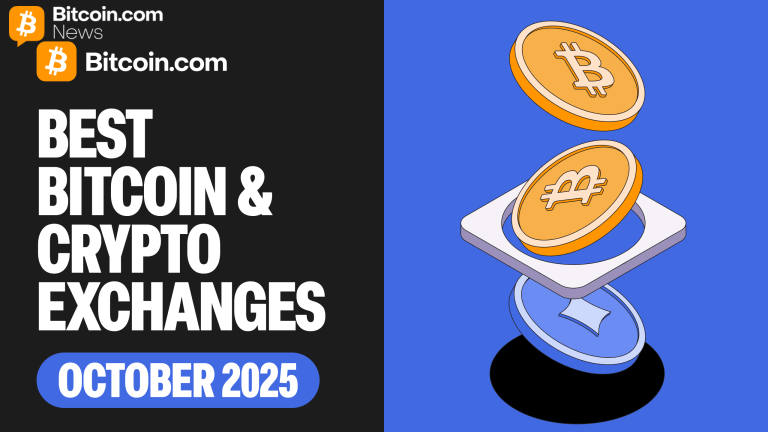
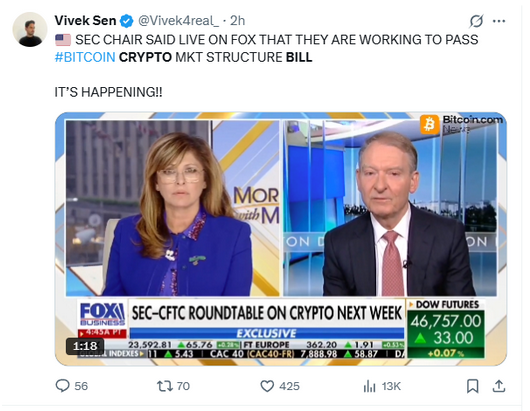
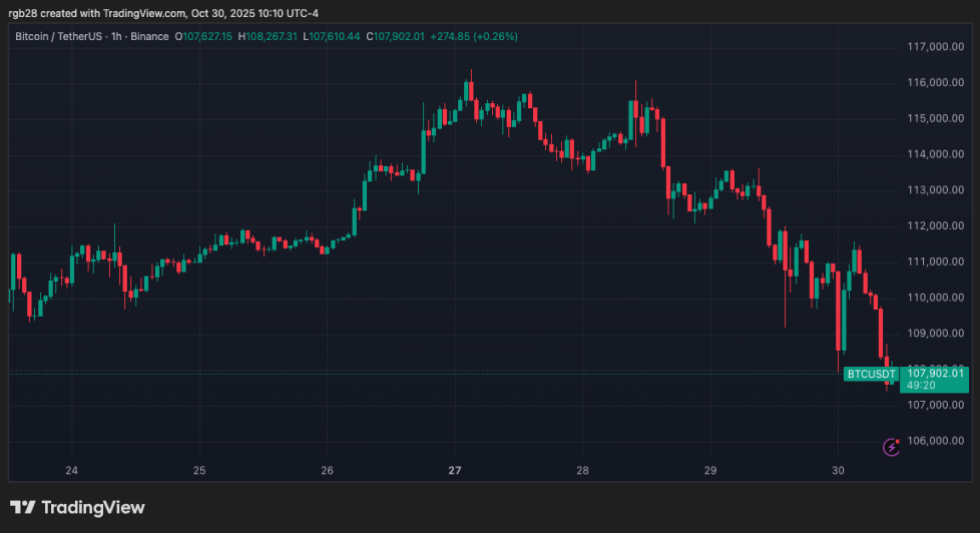

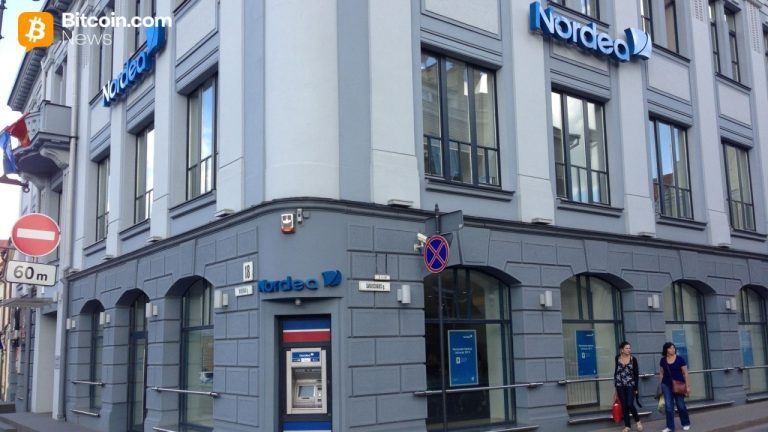
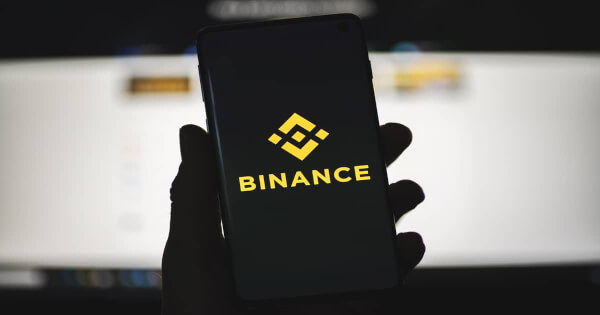

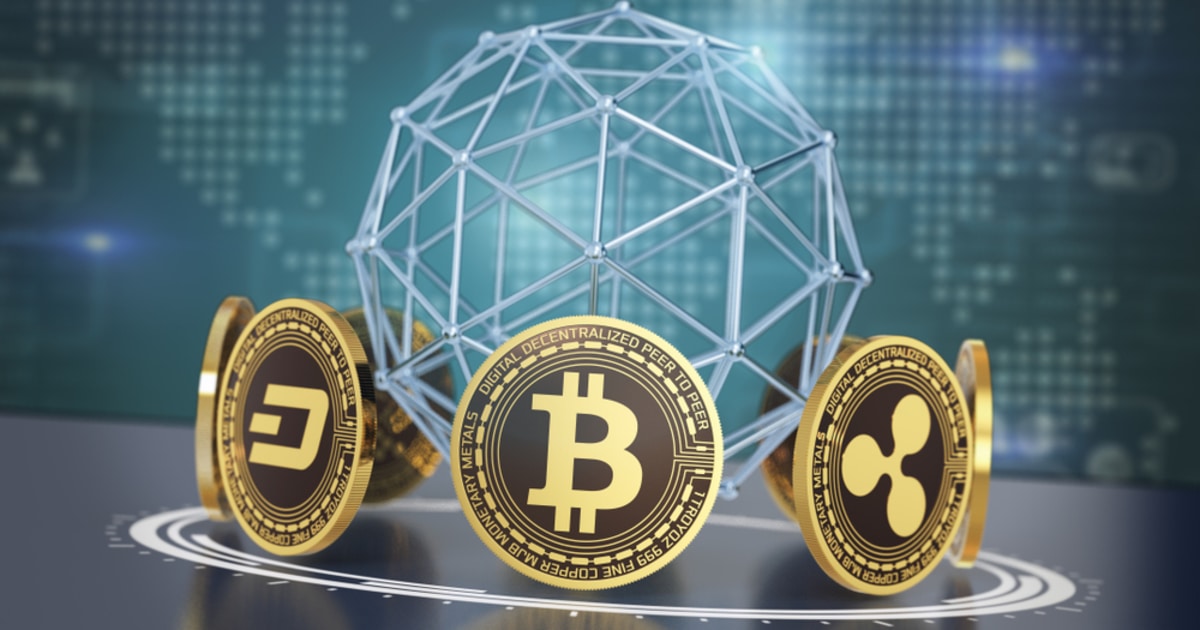
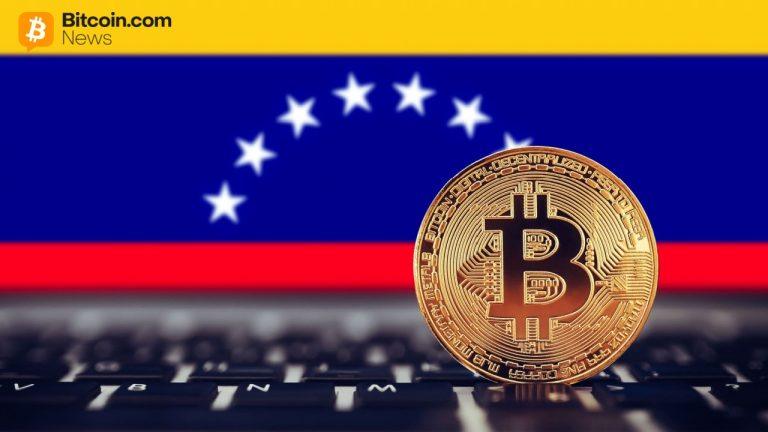

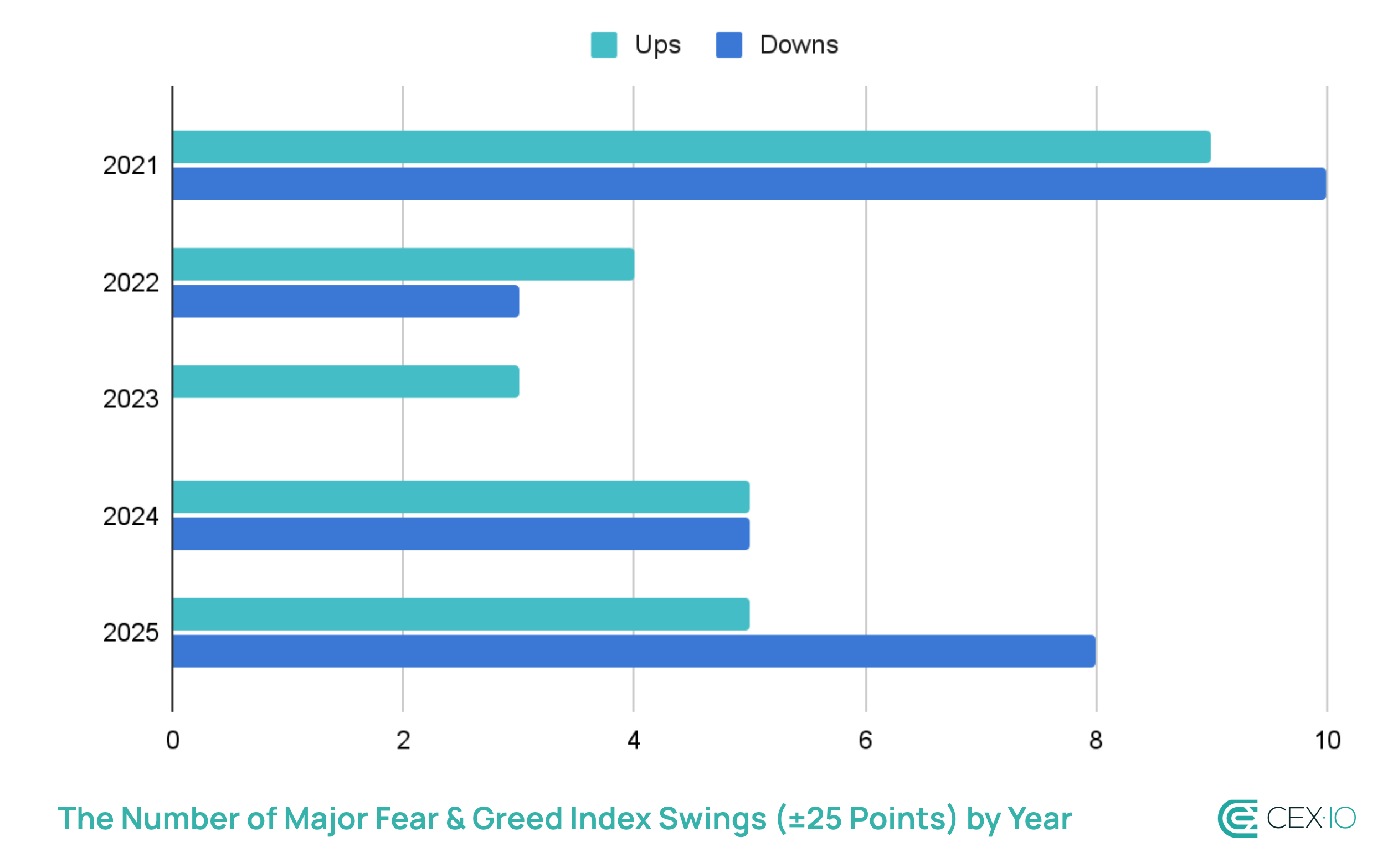


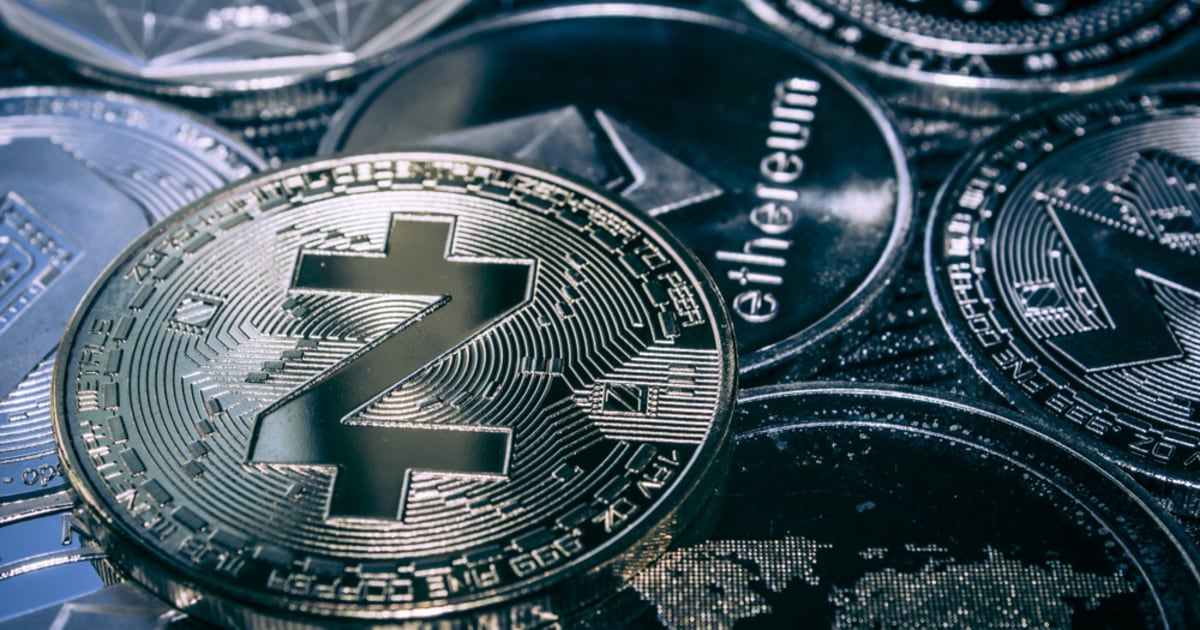
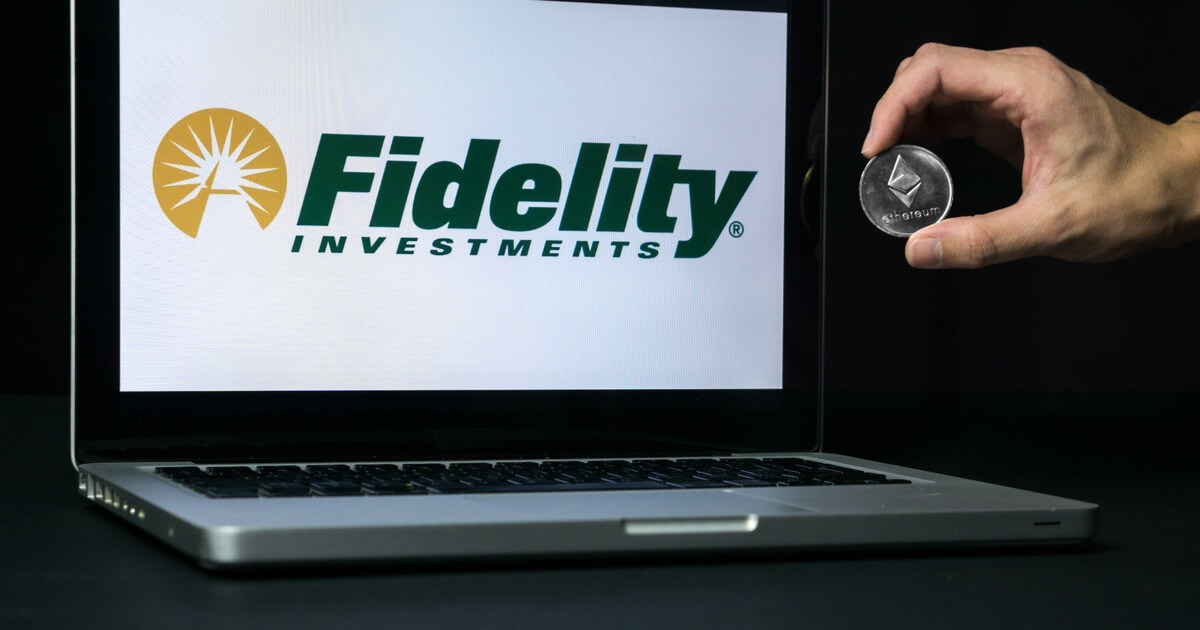

Comments